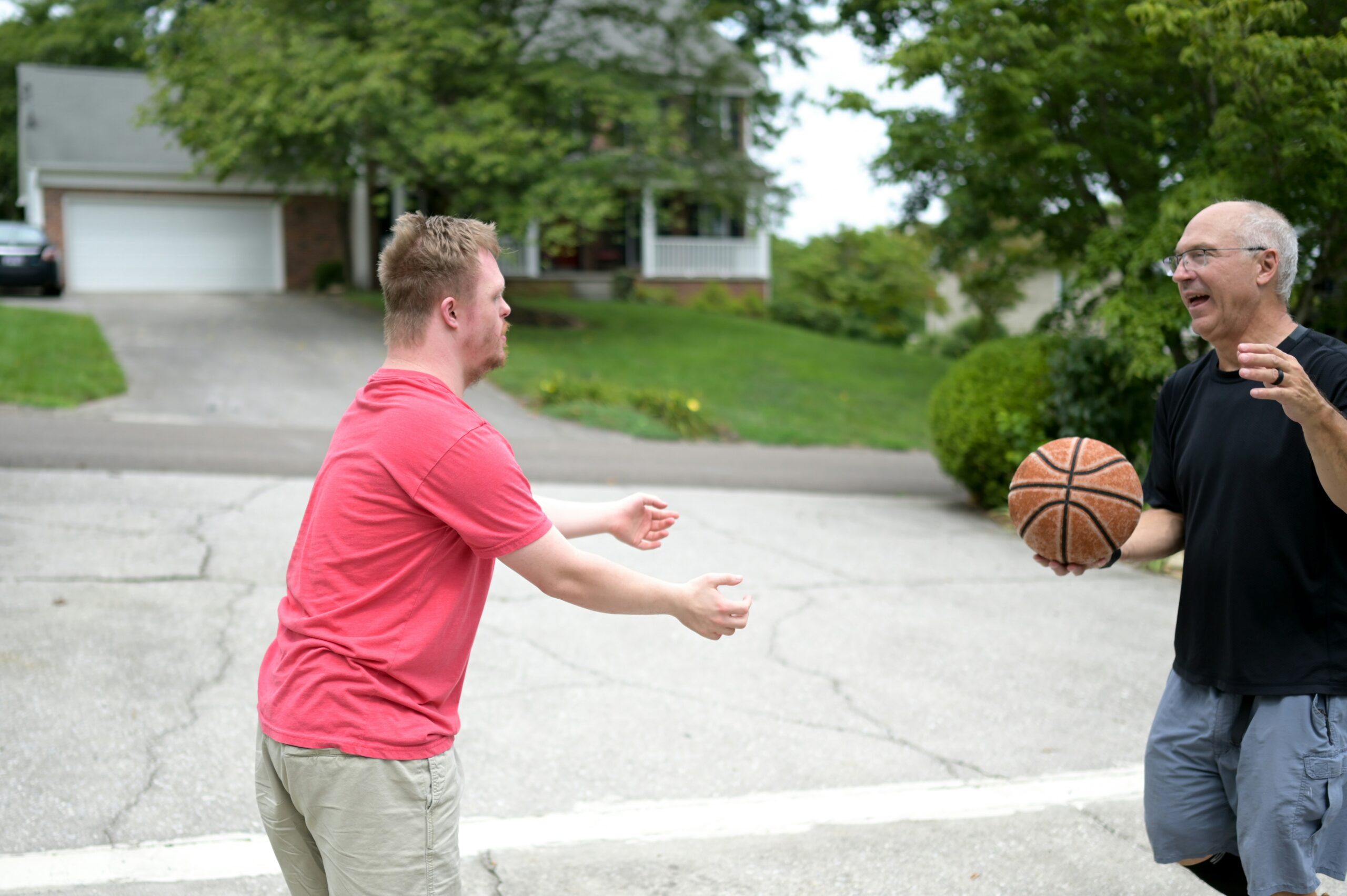
Basketball is a fast-paced, dynamic sport that allows kids to develop essential physical skills, build teamwork, and foster confidence. Whether you’re a coach running a youth league or a parent teaching your child the basics, imparting fundamental basketball skills is essential to their growth in the sport. Teaching kids effectively involves patience, creativity, and understanding how children learn best. Here are some tips to help coaches and parents guide young players on their basketball journey.
Start with the Basics
When introducing kids to basketball, starting with the skills that form the game’s foundation is essential. These include dribbling, shooting, passing, and defense. Start by focusing on one skill at a time to avoid overwhelming your child. For example, you can begin with dribbling—teaching the proper technique, such as using the fingertips rather than the palms of the hands, and encouraging them to keep their heads up as they dribble.
For young players, it’s crucial to break down each skill into manageable steps. Use demonstrations and slow-paced drills to ensure they understand the mechanics. Also, remember that kids often have varying levels of coordination, so don’t expect perfection. The goal is to help them become comfortable with the fundamentals before progressing to more complex techniques.
Incorporate Fun Drills
Kids learn best when engaged, so making drills fun is essential. Turn practice sessions into games to maintain their enthusiasm. For example, you can organize a “dribbling race” where kids dribble the ball from one end of the court to another, competing against one another while trying to maintain control. This encourages friendly competition and reinforces dribbling techniques.
Additionally, shooting drills can be made more exciting by setting challenges like shooting from different spots on the court or trying to make a certain number of shots within a time limit. The key is to keep things light-hearted and encourage kids to keep trying, even if they miss. Positive reinforcement goes a long way in helping them develop a love for the sport.
Focus on Teamwork and Communication
Basketball is a team sport, and one of the most important lessons kids can learn is the value of teamwork. Encourage communication between players during practices and games. Simple instructions like calling out a teammate’s name before passing or shouting, “I got it!” on a rebound can help reinforce the importance of teamwork and cooperation.
You can create drills where kids work in pairs or small groups to complete tasks, such as passing the ball around in a circle or performing a pick-and-roll maneuver. These exercises help kids understand that basketball is about individual skills and working together toward a common goal.
Always emphasize that mistakes are part of the learning process. Teach them to support one another by cheering for good plays, giving positive feedback, and helping others improve. A positive team culture will help kids develop strong relationships with their teammates on and off the court.
Adapt to Different Skill Levels
Not all children will have the same basketball experience or physical ability level. As a coach or parent, it’s essential to be flexible and adjust your teaching approach to suit the varying needs of each child. While some kids may be ready to learn advanced skills, others may need more time to master the basics.
To accommodate different skill levels, consider breaking up the group into smaller teams or working with children individually on specific areas where they may need improvement. For instance, some kids may excel at shooting but struggle with dribbling, while others might need extra guidance on passing techniques. Tailor your drills and exercises to focus on their strengths and growth areas.
Promote a Positive, Encouraging Environment
The most critical aspect of teaching basketball to kids is creating a positive, supportive atmosphere. How kids experience their first few seasons in the sport can shape their long-term attitude toward basketball and sports. Be sure to praise effort, encourage perseverance, and celebrate improvements—no matter how small they may seem.
Even if a child misses a shot or makes a mistake during a drill, emphasize the importance of learning from it and trying again. Avoid putting too much pressure on winning or perfection; focus on personal progress and enjoying the game. The goal is to help children feel confident, motivated, and excited to continue practicing and playing.
In addition, maintain open communication with both the kids and their parents. Regularly update parents on their child’s progress and suggest how they can help reinforce skills at home. By working together, coaches and parents can create a strong support system that fosters a child’s love for basketball.
Teaching basketball to kids is about much more than just developing their athletic skills. It’s about teaching them life lessons such as teamwork, perseverance, and the value of hard work. Whether you’re a coach or a parent, creating a positive and engaging environment where kids feel supported and encouraged will help them thrive in the sport. By focusing on the basics, adapting to individual needs, and fostering a love for the game, you can help children build confidence, improve their skills, and enjoy the many benefits of playing basketball.